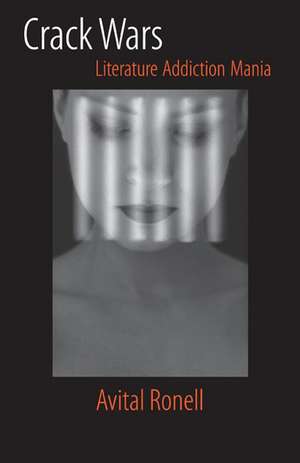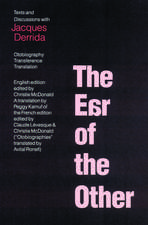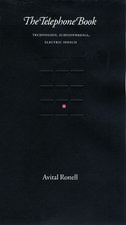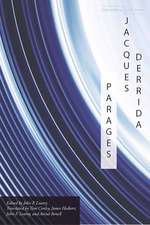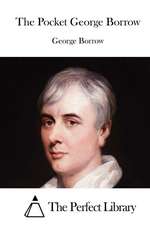Crack Wars: LITERATURE ADDICTION MANIA
Autor Avital Ronellen Limba Engleză Paperback – 24 feb 2004
Avital Ronell asks why "there is no culture without drug culture." She deals with the usual drugs and alcohol (and their celebrities: Freud's cocaine, Baudelaire's hashish, the Victorians' laudanum), and moves beyond them to addictions that are culturally accepted--an insatiable appetite for romance novels, for instance, and romance itself.
It is a commonplace of modern culture to presume that there is a subculture or counterculture deeply saturated with drugs, but such modern cultures need subcultures, and need drugs on every level. Culture defines itself, its classes, its power structures, and its economy in terms of how it allows and encourages drugs to circulate. If drugs are dangerous, that danger seems to increase their appeal for millions. If drugs are unnatural and addictive, gasoline is a drug. What is art but a kind of drug, and what is art criticism but a kind of criticism of drugs and drug-induced states?
Gustave Flaubert's Madame Bovary takes up the problems of drugs and addiction in numerous ways, which Ronnell unpacks and presents as examples of the safe and unsafe. From Emma Bovary's romantic hallucinations to her suicide by arsenic, she moves through this realistic novel constantly reaching for the unreal. For Ronell, Emma Bovary represents the first addict, embodying a yearning that calls from the bottom of her humanity, and which it seems can only be satisfied by some sort of drug.
It is a commonplace of modern culture to presume that there is a subculture or counterculture deeply saturated with drugs, but such modern cultures need subcultures, and need drugs on every level. Culture defines itself, its classes, its power structures, and its economy in terms of how it allows and encourages drugs to circulate. If drugs are dangerous, that danger seems to increase their appeal for millions. If drugs are unnatural and addictive, gasoline is a drug. What is art but a kind of drug, and what is art criticism but a kind of criticism of drugs and drug-induced states?
Gustave Flaubert's Madame Bovary takes up the problems of drugs and addiction in numerous ways, which Ronnell unpacks and presents as examples of the safe and unsafe. From Emma Bovary's romantic hallucinations to her suicide by arsenic, she moves through this realistic novel constantly reaching for the unreal. For Ronell, Emma Bovary represents the first addict, embodying a yearning that calls from the bottom of her humanity, and which it seems can only be satisfied by some sort of drug.
Preț: 130.35 lei
Nou
Puncte Express: 196
Preț estimativ în valută:
24.95€ • 26.05$ • 20.68£
24.95€ • 26.05$ • 20.68£
Carte disponibilă
Livrare economică 21 ianuarie-04 februarie 25
Livrare express 07-11 ianuarie 25 pentru 21.77 lei
Preluare comenzi: 021 569.72.76
Specificații
ISBN-13: 9780252071904
ISBN-10: 0252071905
Pagini: 192
Dimensiuni: 152 x 235 x 15 mm
Greutate: 0.29 kg
Editura: University of Illinois Press
Colecția University of Illinois Press
ISBN-10: 0252071905
Pagini: 192
Dimensiuni: 152 x 235 x 15 mm
Greutate: 0.29 kg
Editura: University of Illinois Press
Colecția University of Illinois Press
Notă biografică
Avital Ronell is a professor of German at New York University. She is author of Dictations: On Haunted Writing, The Telephone Book, Finitude's Score, and Stupidity. Her essays have appeared in Diacritics, Differences, Genre, Modern Language Notes, Stanford Italian Review, Studies in Twentieth Century Literature, Substance, and many other journals.
